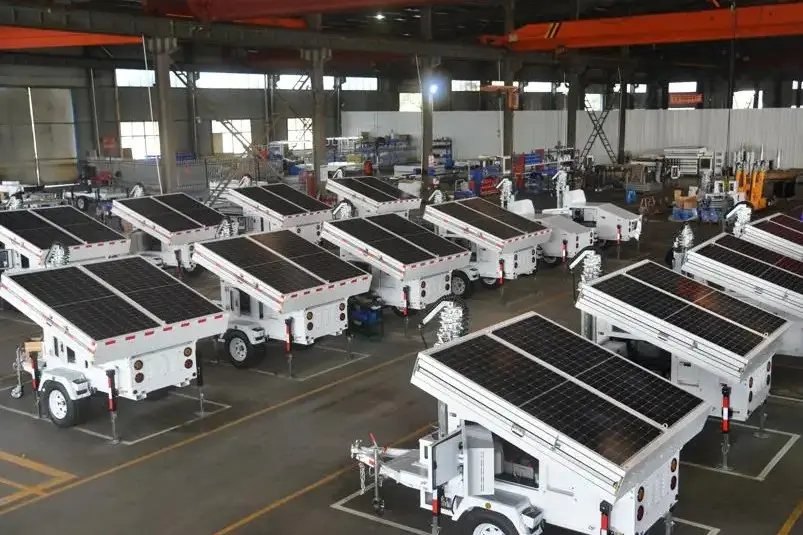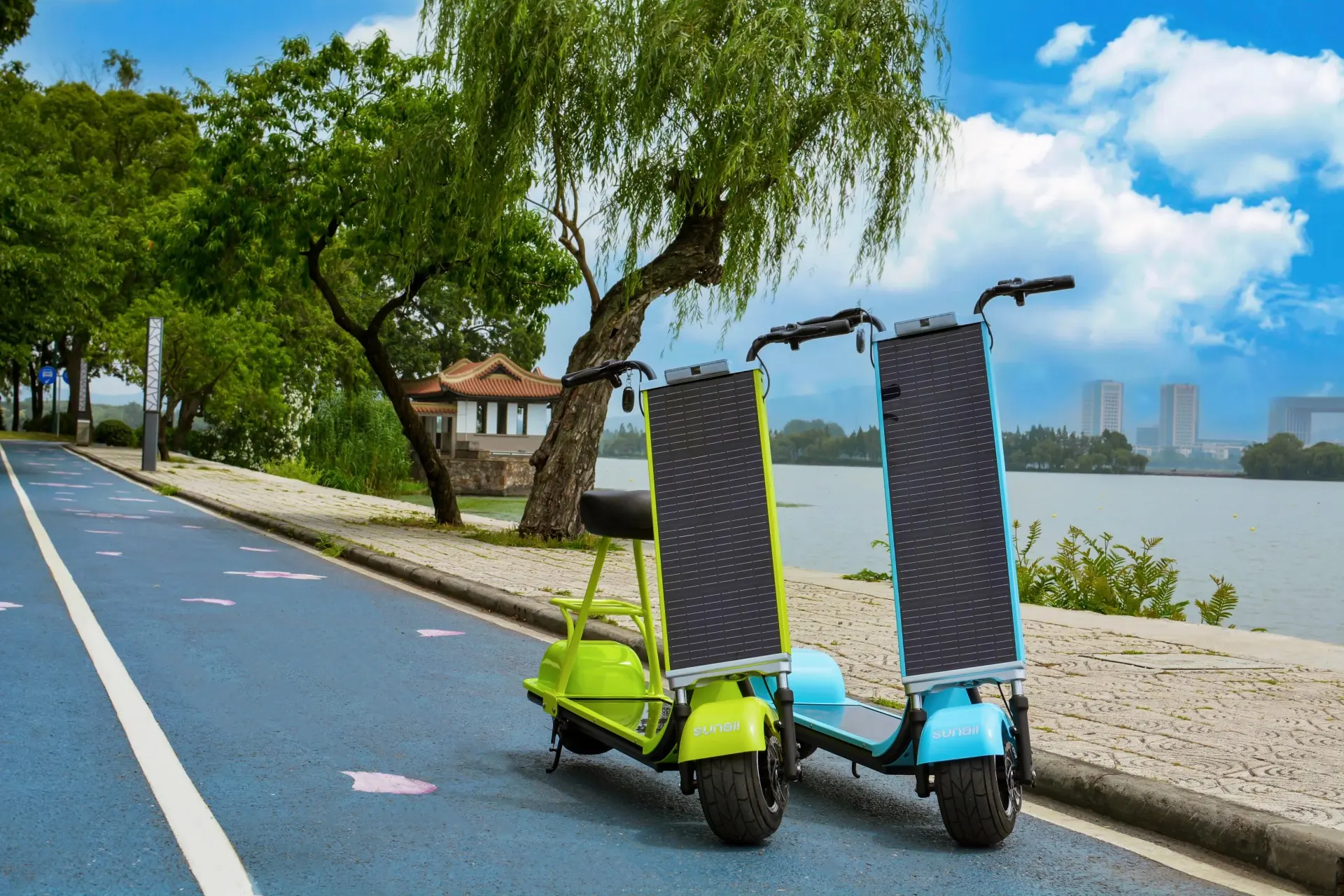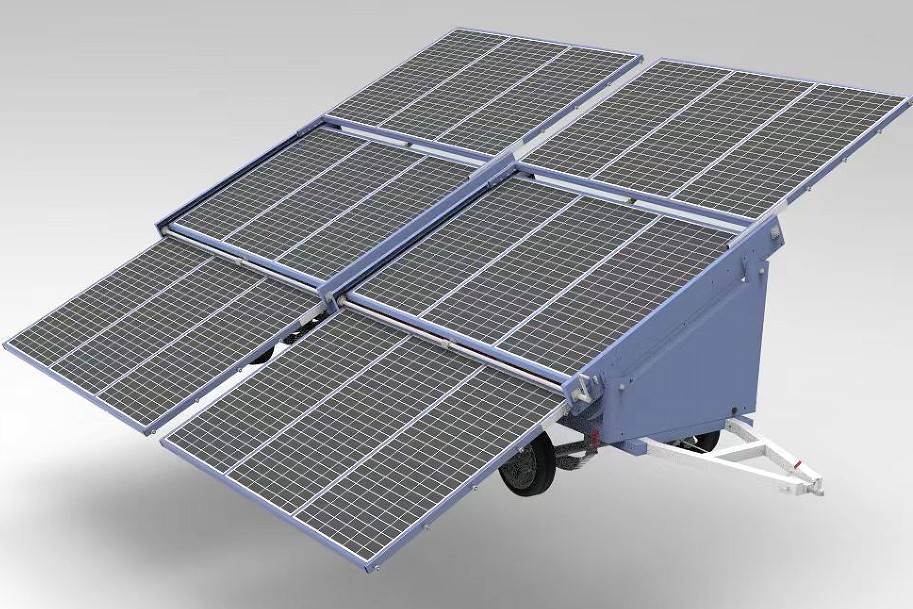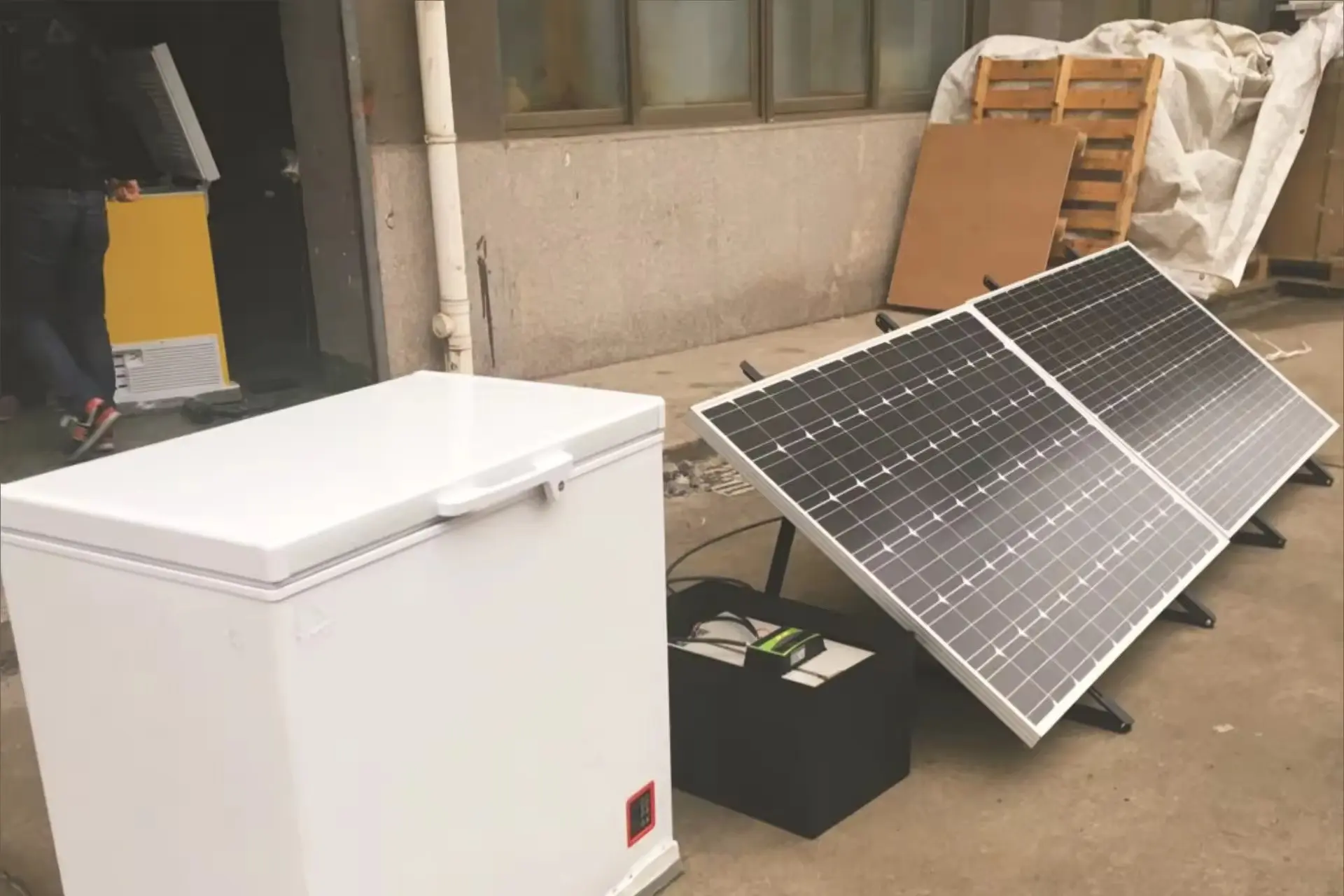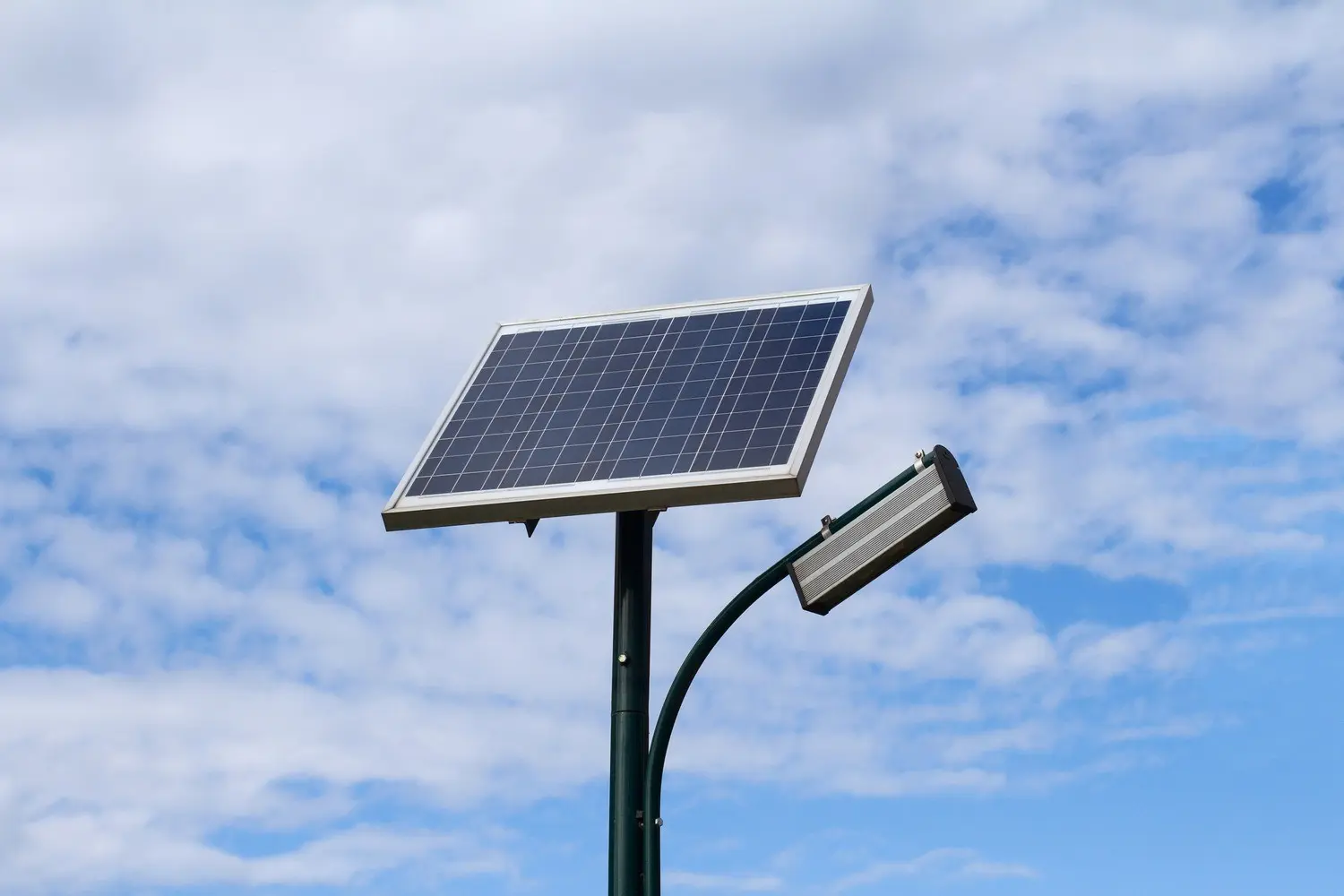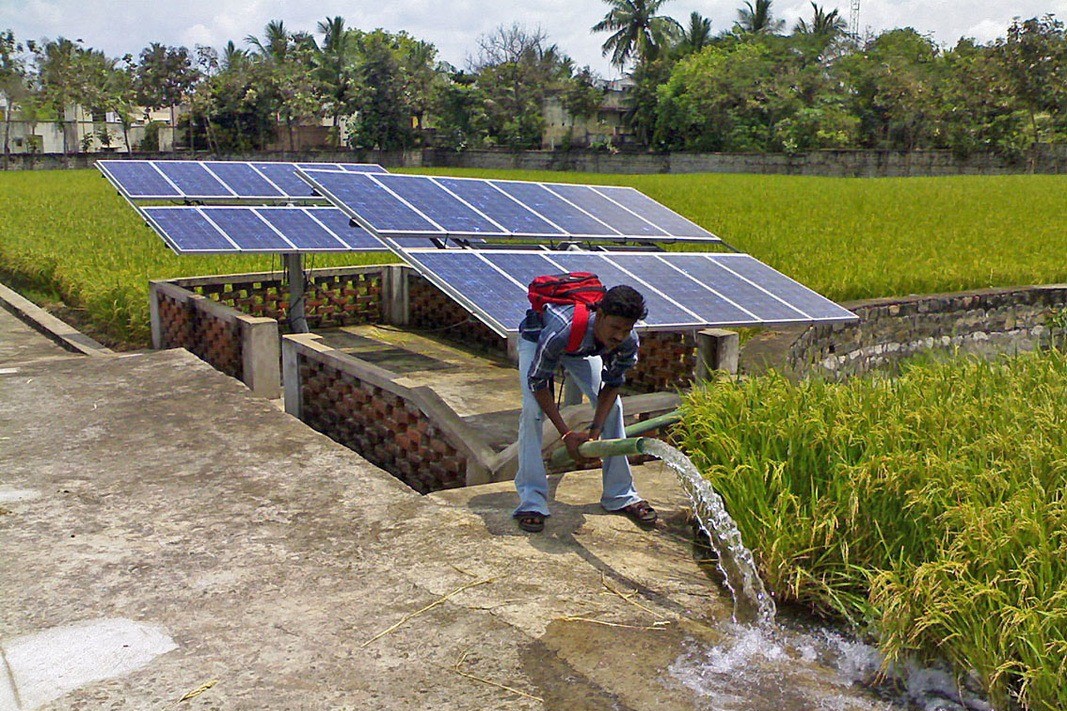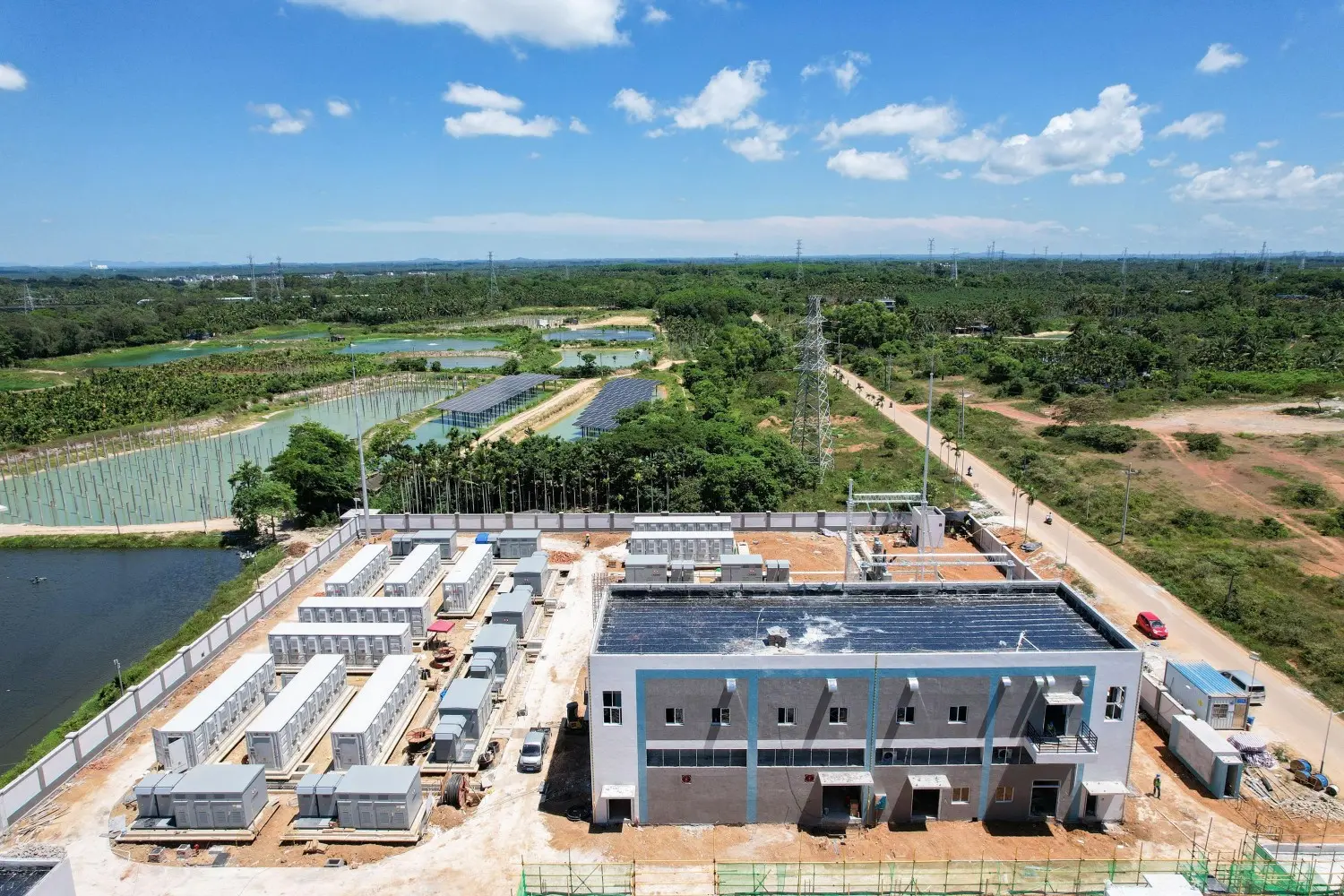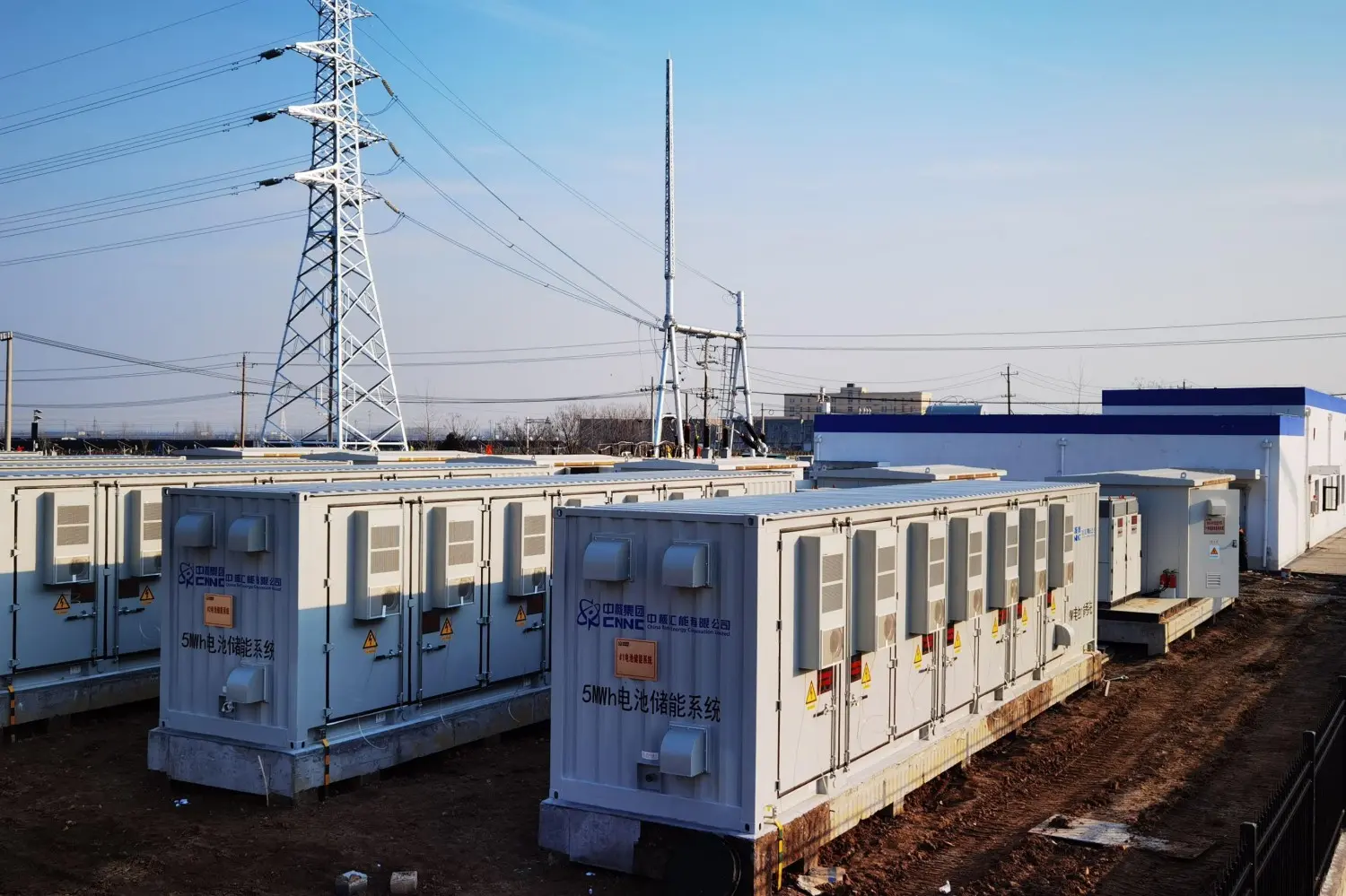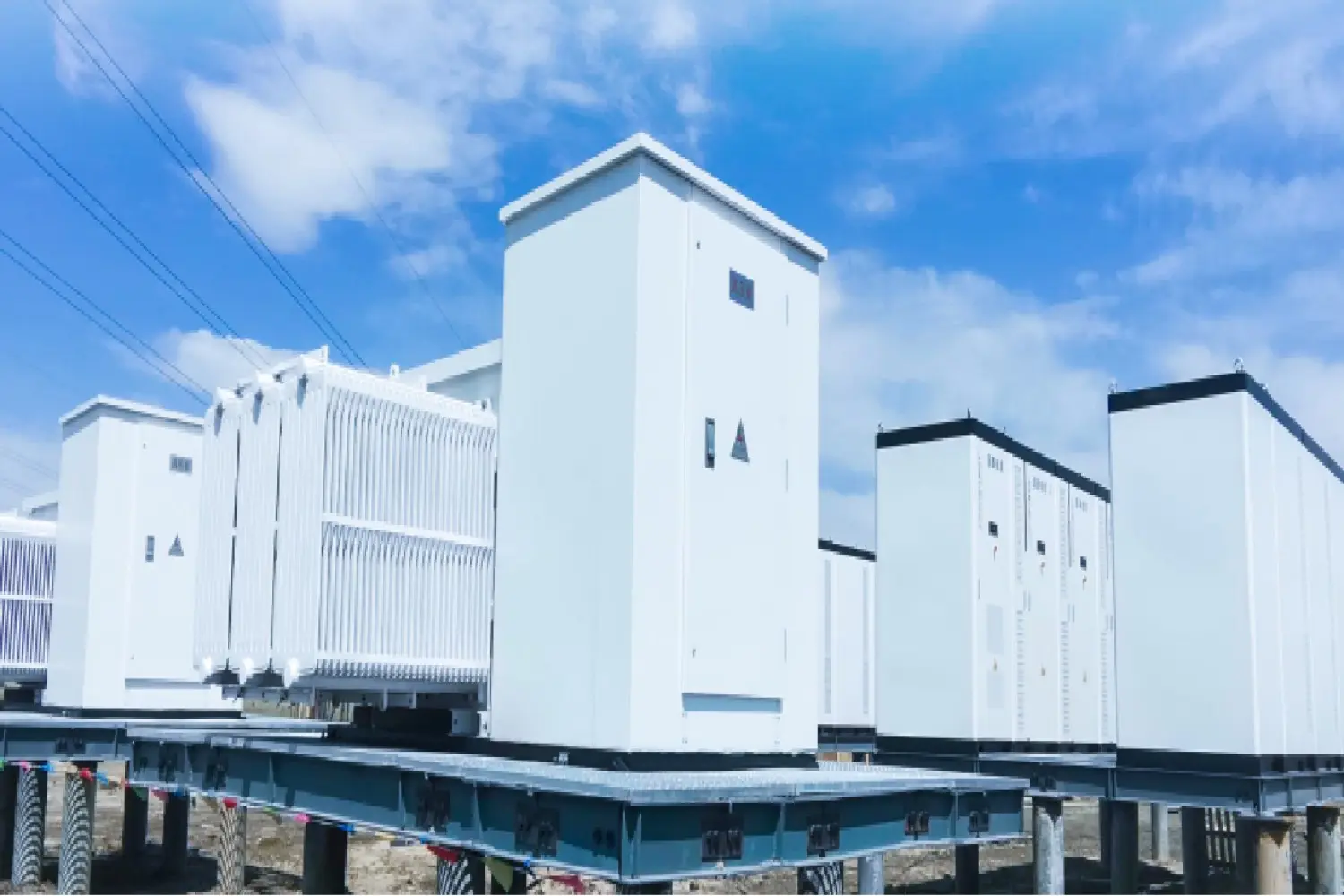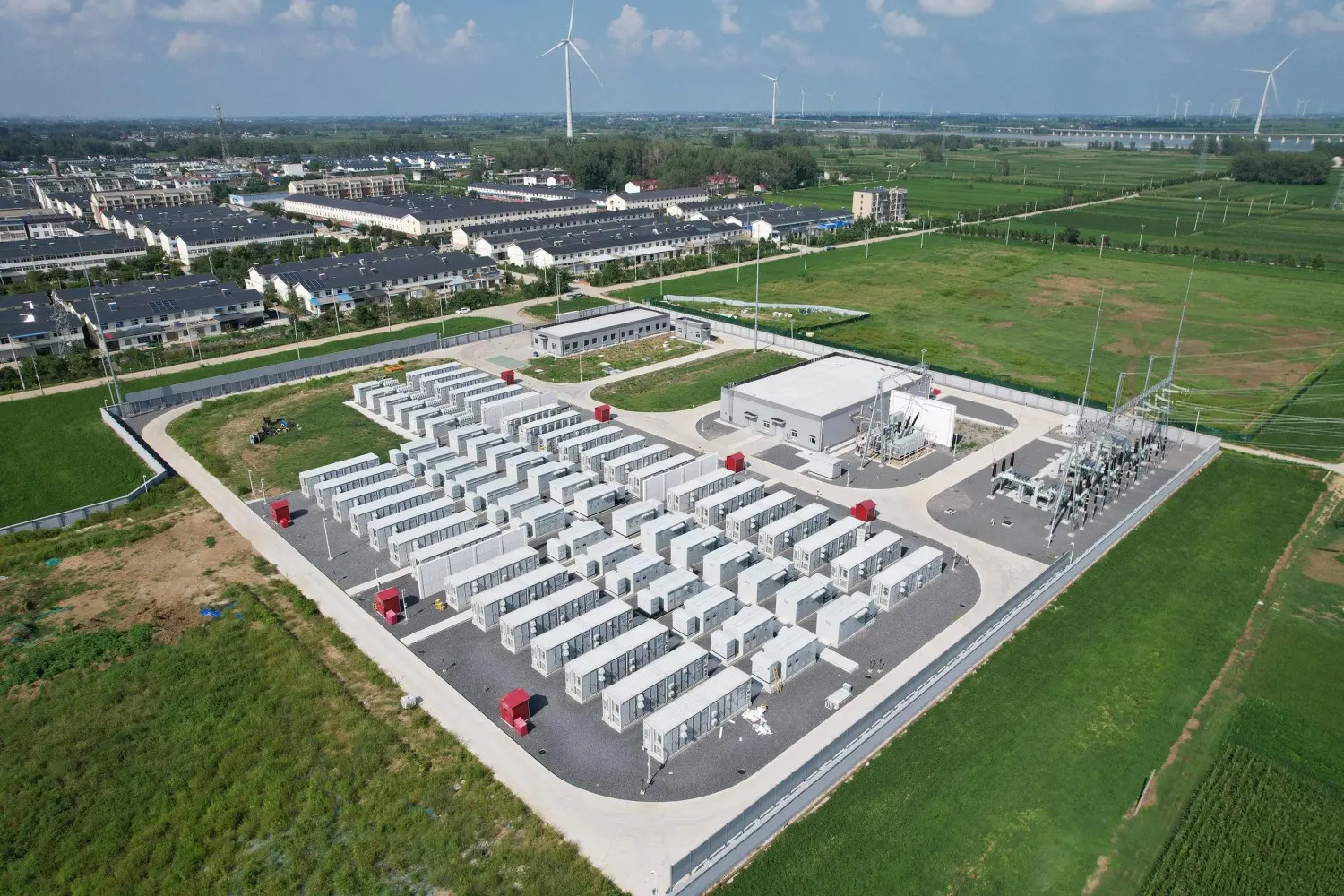Solar Trailer for Australia
Solar Trailer for Australia
Overview: We developed 10 prototype solar trailers for an Australian client, focusing on applications such as construction sites, events, disaster relief, and off-grid living.
Features:
- Fully automated PV deployment and retraction system.
- Customizable power configurations tailored to various use cases.
The prototypes passed testing, and we assisted the client with Australian product certification. The client praised our cooperation from concept to final product.
Power your off-grid needs with our cutting-edge solar trailers. Get in touch to customize your solar trailer today!
Top 5 Things You Should Know Before Starting a Solar Trailer Project
Solar trailers are portable, versatile energy solutions ideal for powering off-grid applications, events, emergency relief, and more. Before launching a solar trailer project, here are the top five things you need to consider:
Define Your Application Needs
Understanding the purpose of your solar trailer will guide its design and specifications.
- Power Demand: Calculate the total power requirement (kW or kWh) of the devices or systems you plan to power.
- Load Type: Identify whether loads are continuous, peak, or intermittent, and if they include high-startup equipment like pumps or motors.
- Application Scenarios: Consider usage such as off-grid construction sites, outdoor events, disaster relief, or agriculture.
System Components and Configuration
The core components of a solar trailer must be carefully selected to ensure reliability and efficiency.
- Solar Panels: Choose high-efficiency panels that optimize energy generation within the available space.
- Battery Storage: Select battery types (e.g., lithium-ion or LiFePO4) with sufficient capacity to meet energy needs during low sunlight conditions.
- Inverter and PCS: Ensure the power conversion system matches your load requirements (DC or AC).
- Trailer Design: Factor in portability, durability, and storage for components like panels, batteries, and wiring.
Load and System Compatibility
Compatibility between system components and loads is crucial for smooth operation.
- Surge Loads: Equipment like pumps and motors have high startup power demands, often 5–7 times their operating capacity. Ensure the inverter and battery can handle these surges.
- Energy Efficiency: Use energy-efficient devices to maximize the trailer's output and reduce costs.
- Voltage and Current: Match the voltage output of the solar trailer with your load requirements to avoid inefficiencies or equipment damage.
Regulatory and Compliance Requirements
Ensure your project complies with local laws and standards.
- Permits: Check for permits required for mobile solar systems in your region.
- Electrical Standards: Follow standards for wiring, grounding, and battery safety.
- Safety Measures: Include protection systems such as surge arresters, fuses, and breakers to ensure the trailer operates safely under varying conditions.
Maintenance and Long-Term Considerations
A well-maintained solar trailer ensures long-term reliability and cost-effectiveness.
- Durability: Use weather-resistant materials to protect the trailer from harsh environments.
- Mobility and Storage: Ensure the trailer is easy to transport and store, with a compact design and foldable solar panels.
- Upgradability: Design the trailer for scalability to meet future energy demands.
- Monitoring Systems: Include remote monitoring capabilities to track performance and troubleshoot issues efficiently.
Why Choose MH Energy for Your Solar Trailer Project?
With MH Energy, you’ll benefit from:
- Expert guidance on system design and component selection.
- Reliable, high-performance solar solutions tailored to your needs.
- Comprehensive support, from project planning to maintenance.
Start your solar trailer project with confidence. Contact us today for professional assistance!
Contact us now
To start your journey toward sustainable living!


